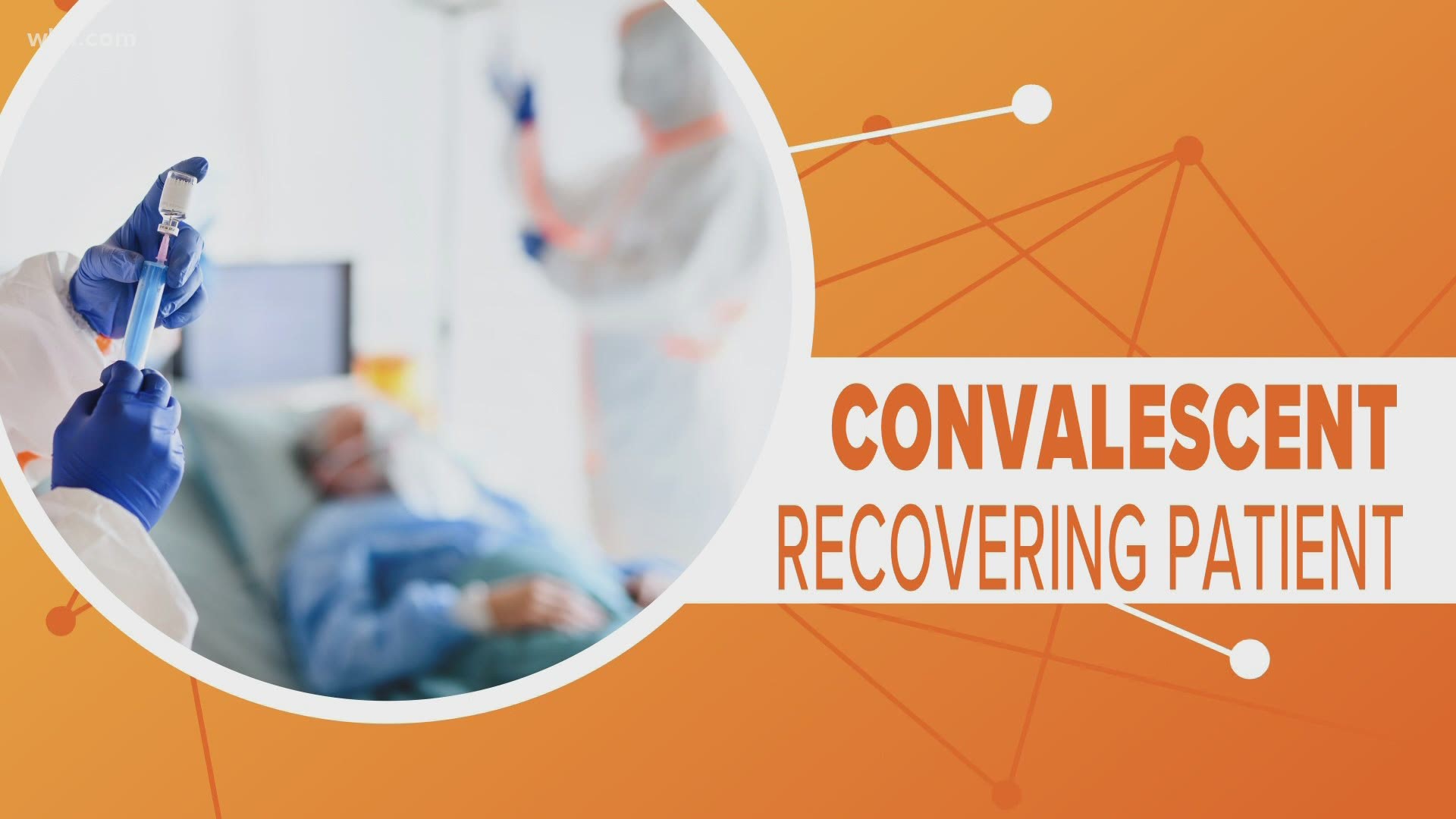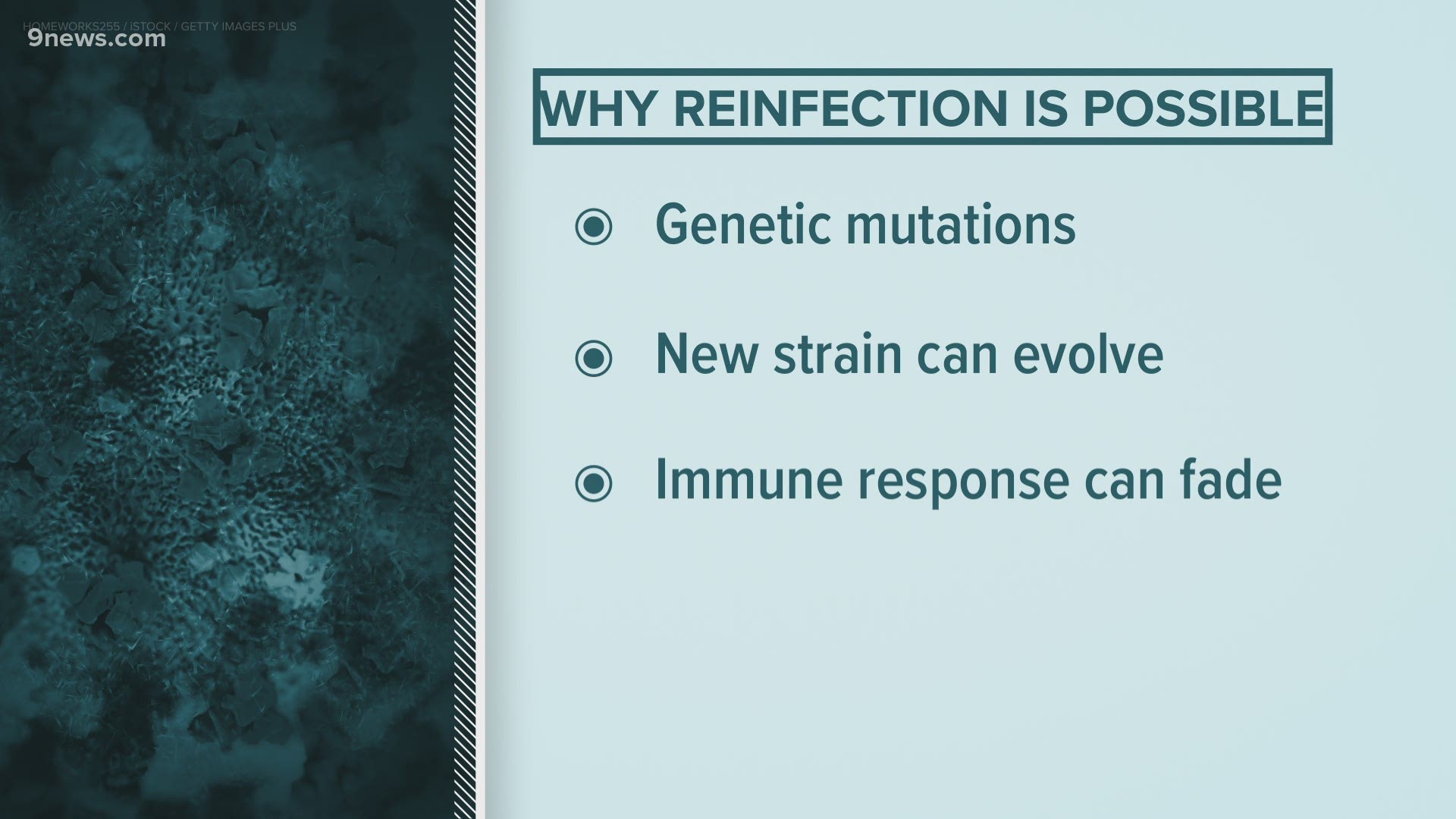WASHINGTON — There is currently not enough solid evidence for or against recommending convalescent plasma as a treatment for COVID-19. That's the finding of a coronavirus-focused panel from the National Institutes of Health and comes a week after the head of the Food and Drug Administration apologized for overstating the treatment's benefits.
"There are currently no data from well-controlled, adequately powered randomized clinical trials that demonstrate the efficacy and safety of convalescent plasma for the treatment of COVID-19," read the findings of NIH's COVID-19 Treatment Guidelines Panel.
The FDA issued an Emergency Use Authorization (EUA) on Aug. 23 which pushed through the use of convalescent plasma as a treatment. An FDA analysis led to the EUA, which was announced in a rare Sunday White House press conference led by President Donald Trump.
The FDA data was based on a preliminary study from the Mayo Clinic's Expanded Access Program. The study reported preliminary data from 35,000 coronavirus patients treated with plasma, and said there were fewer deaths among people given plasma within three days of diagnosis, and also among those given plasma containing the highest levels of virus-fighting antibodies.
But it wasn’t a formal study. The patients were treated in different ways in hospitals around the country as part of an FDA program designed to speed access to the experimental therapy. That “expanded access” program tracks what happens to the recipients, but it cannot prove the plasma — and not other care they received — was the real reason for improvement.
The NIH report concludes that the FDA study "compared outcomes in patients who received convalescent plasma with high titers" of the coronavirus "neutralizing antibodies to outcomes in patients who received plasma with low titers and found no difference in 7-day survival overall."
The NIH panel also wrote the following:
- Available data suggest that serious adverse reactions following the administration of COVID-19 convalescent plasma are infrequent and consistent with the risks associated with plasma infusions for other indications. The long-term risks of treatment with COVID-19 convalescent plasma and whether its use attenuates the immune response to SARS-CoV-2, making patients more susceptible to reinfection, have not been evaluated.
- Convalescent plasma should not be considered standard of care for the treatment of patients with COVID-19.
- Prospective, well-controlled, adequately powered randomized trials are needed to determine whether convalescent plasma is effective and safe for the treatment of COVID-19. Members of the public and health care providers are encouraged to participate in these prospective clinical trials.
Two days after the White House announcement, FDA Commissioner Stephen Hahn apologized for overstating the life-saving benefits of treating COVID-19 patients with convalescent plasma. The World Health Organization also cautioned last week that using blood plasma from COVID-19 survivors to treat other patients is still considered an experimental therapy.
The backtrack by Hahn gave the FDA a black eye last week, but it wasn't the only top U.S. health agency to come under fire.
The Centers for Disease Control and Prevention quietly updated its guidelines last week to suggest fewer Americans need to get tested for coronavirus, sparking outrage from scientists. The Trump administration later said the CDC guidance was revised by the White House virus task force “to reflect current evidence," but did not detail what that was.


